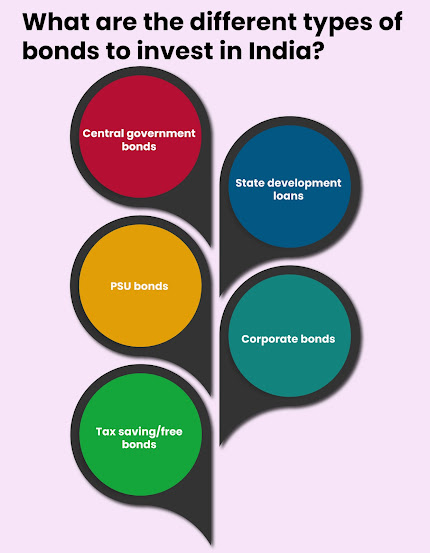Where should you invest- IPO or NCD IPO?
Companies have several avenues through which they can raise funds. Some primary ways are initial public offering (IPO) and non-convertible debentures (NCD)- IPO.
What is an IPO?
A company announces an IPO when it decides to go public and raise funds through the sale of shares and securities to the public for the first time. In other words, the IPO process of an unlisted company going public and getting listed on stock exchanges. This initial process happens in the primary market. Following this, the company takes the status of a publicly-traded company with shares available for trading in the open market.
Similarly, fixed income instruments like NCDs (non-corporate deposits), bonds, and others also have an IPO.
What is an NCD IPO?
An NCD is a fixed-income instrument used by highly rated companies to raise funds from the public for a fixed tenure. It involves an interest rate and the return of the principal invested on the NCD’s maturity. It is called non-convertible as NCDs cannot be converted to equity. In comparison to convertible debentures, NCDs offer benefits like higher returns, liquidity, and low risk. An NCD IPO is the process of raising funds through this instrument for the first time in the primary market. A major difference between an equity IPO and NCD IPO is that allotment in NCD IPO is on a first come first serve basis.
Where should you invest?
NCD IPO investment in India comes with various benefits.
Since an NCD is a fixed-income instrument, an NCD IPO investment will bring in predictable returns.
NCDs offer a higher return than other fixed-income instruments.
NCDs are rated by credit agencies as per their riskiness. The higher the rating, the lower the risk. Hence, an NCD IPO investment in a highly rated NCD is very secure.
After the IPO process, NCDs can be bought and sold in the secondary market. Hence, they can be sold before maturity during urgent liquidity requirements.
The interest rates and prices of NCDs fluctuate with the macroeconomic situation. Hence, investors can benefit from capital appreciation.
There is no tax at the source of the purchase of NCD.
NCDs have various interest payment frequencies like monthly, quarterly, and yearly.
Similarly, an IPO investment comes with the following benefits.
Investing in the IPO of a company with growth potential can let you become a lender to a company through debt.
Investors can benefit from better price transparency as the price has to be mentioned in the IPO document. Following the listing, the prices fluctuate as per the market situation, making price discovery difficult for newbie investors.
While equity shares are highly liquid and shares bought in the IPO process can be sold/traded easily in the secondary market, NCDs are the basis of stability and have the same offered interest.
IPO investment returns from NCDs are lucrative. They offer guaranteed returns throughout their tenure. Moreover, an investor can choose to sell it before maturity in search of a higher profit margin. Hence, an NCD IPO investment offers an assurance that an equity IPO cannot. With an equity IPO, there is always the risk of a significant price correction after listing. Furthermore, allotment under the NCD IPO process is done on a first come first serve basis until the quota is filled. Hence, with proper purchase timing, investors can invest in NCDs with the assurance of getting an allotment. The same is not the case for equity IPO where shares are allotted on a lottery basis. With both NCD IPO and equity IPO, investors can become part of the growth story of a promising company. The decision of whether to invest in NCD or equity IPO will depend on financial goals, risk appetite, and investment horizon.





Comments
Post a Comment